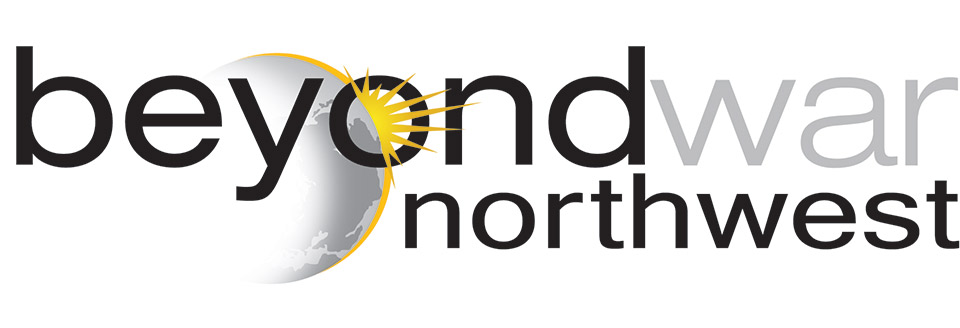Walk Out Walk On by Margaret Wheatley and Deborah Frieze
The book group discussed the nonfiction book Walk Out Walk On: A learning journey into communities daring to live the future now by by Margaret Wheatley and Deborah Frieze (2011). This book is now a key part of the Building Community/Building Peace course taught by Debbie Kaufman at Portland State University. She inspired us to read it in November. Here are Dorothy Sampson’s comments on the book. You are invited to join in on this discussion.
The authors of “Walk Out Walk On” invite you on a journey. As an armchair traveler, you don’t need to pack, but it is a good idea to unpack your judgments and assumptions, perhaps some of your cherished beliefs. You will meet people who live much differently than you do from seven communities around the world with significantly less material goods than you have. They are not interested in what they don’t have but rather in the resources that you might disregard or resources that might even shock you. Working together, the “walk outs” focus on restoring agency back to the individual and local communities. Their underlying belief is that earth and the systems that we have, with all of the problems from disparity in resources, food sustainability, ecological disruptions, urban blight, health & healing are human creations and therefore can be changed by humans. Another belief is that we are smarter together than we are apart.
The journey is a challenge and a gift because it opens us to possibilities and with them, optimism. A Commencement address by Paul Hawken is quoted, “Basically the Earth needs a new operating system, you are the programmers, and we need it within a few decades. . . . Don’t be put off by people who know what is not possible.”

This is one of the best books for peace that I’ve ever read. They say “…when we stop creating enemies, we extinguish the need for weapons.” (pg. 50). If we move from intervention to friendship, then we can make use of the power and creativity of acting locally. We need to stop trying to fix things–others do not want us to fix them. Instead, if we come together as a group and start with problems right in front of us, local solutions will emerge. If they are successful solutions, they will spread through “co-motion” instead of “promotion” and eventually there will be positive social change. This book explains how to get that to happen.